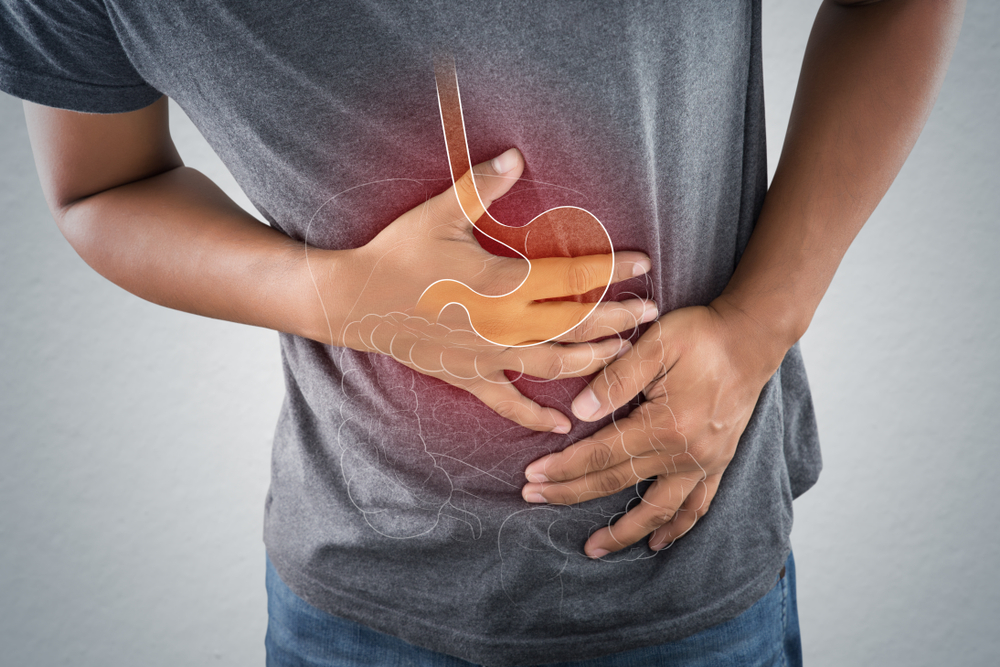Crohn’s is a form of IBD, which causes abdominal pain and fatigue. It can also cause malnutrition and weight loss. The inflammation may affect any part of the digestive tract, and its extent and location can vary from one person to another.
Crohn’s is currently incurable and can be painful and interfere with everyday life, and in some cases, it can even be life-threatening.Fortunately, there are a number of effective treatments for Crohn’s disease that can ease symptoms, and some can lead to remission.
ImmunosuppressantsImmune system suppressors reduce inflammation and target your immune system. Some people get better results when they take two or more immunosuppressant drugs instead of just one.
Azathioprine, the most common immunosuppressant prescribed for Crohn’s Disease, is a commonly prescribed drug. Your doctor will monitor you closely and test your blood periodically to ensure that your immune system can still fight off infection. Other side effects can include nausea and vomiting.
If you’ve tried other medications and they haven’t worked, then methotrexate may be the right choice for you. You must be closely monitored by your doctor for any side effects.
Biologics
The biologics work by targeting the immune system’s proteins. Natalizumab (and vedolizumab) prevent immune cells called integrins, from attaching themselves to the linings of your intestines. TNF inhibitors, such as Infliximab (adalimumab) and certolizumab-pegol (certolizumab), impair the immune protein tumor necrosis. Ustekinumab inhibits the interleukins which are proteins that cause inflammation.
Medicines for diarrhea, malnutrition and pain
Your doctor may prescribe fiber supplements to treat diarrhea. These will help make your stool more firm. Crohn’s can cause malnutrition as it prevents your body from absorbing all the nutrients. Vitamins and supplements can help to replenish this.
Surgery
Surgery may be an option if all other treatments fail to treat Crohn’s. Around half of those with Crohn’s disease will require at least one surgical procedure.
The surgery for Crohn’s involves removing the affected part of your digestive system and reconnecting those parts that are functioning properly. The surgeon may also choose to treat abscesses and fistulas.
After your surgery, you should continue to take Crohn’s medication.


